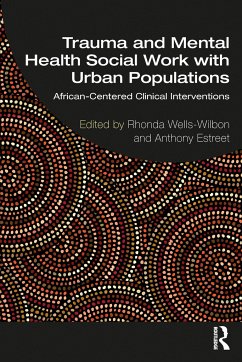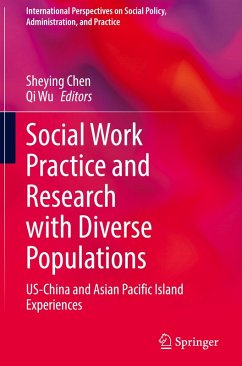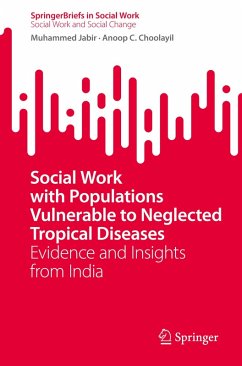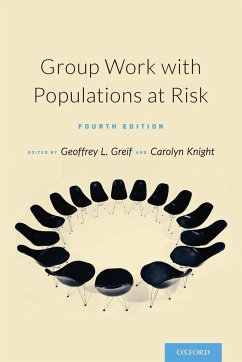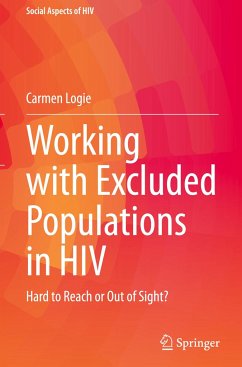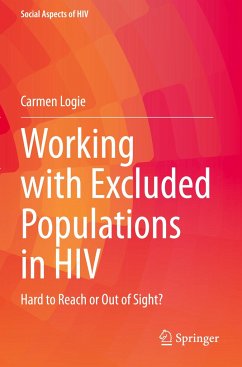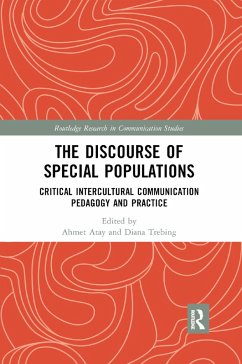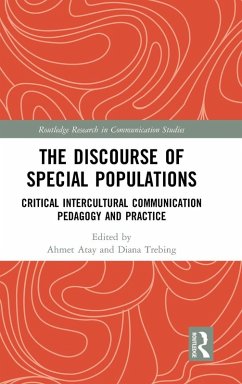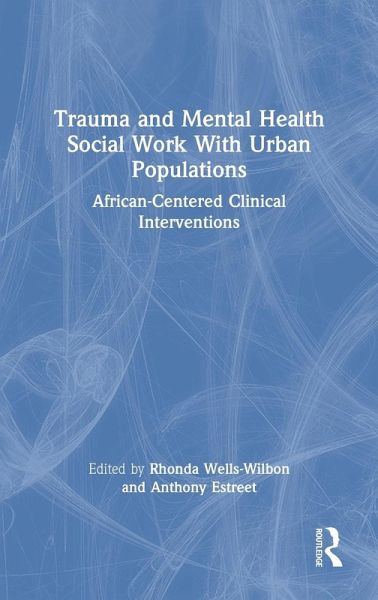
Trauma and Mental Health Social Work With Urban Populations
African-Centered Clinical Interventions
Herausgeber: Wells-Wilbon, Rhonda; Estreet, Anthony
Versandkostenfrei!
Versandfertig in 1-2 Wochen
167,99 €
inkl. MwSt.
Weitere Ausgaben:

PAYBACK Punkte
84 °P sammeln!
Addressing the social problems associated with trauma and mental health amongst African Americans in urban environments, this book uses an African-centered lens to critique the most common practice models and interventions currently employed by social workers in the field. Divided into four parts and grounded in traditional African cultural values, it argues that basic key values in a new clinical model for mental health diagnosis are: A spiritual component Collective/group approach Focus on wholeness Oneness with Nature Emphasis on truth, justice, balance, harmony, reciprocity, righteousness,...
Addressing the social problems associated with trauma and mental health amongst African Americans in urban environments, this book uses an African-centered lens to critique the most common practice models and interventions currently employed by social workers in the field. Divided into four parts and grounded in traditional African cultural values, it argues that basic key values in a new clinical model for mental health diagnosis are: A spiritual component Collective/group approach Focus on wholeness Oneness with Nature Emphasis on truth, justice, balance, harmony, reciprocity, righteousness, and order Being free from racism, sexism, classism, and other forms of oppression, this African-centered approach is crucial for working with people of African origin who experience daily "trauma" through adverse living conditions. This book will be key reading on any practice and direct service course at both BSW and MSW level and will be a useful supplement on clinical courses as well as those aimed at working with diverse populations and those living in urban environments.




